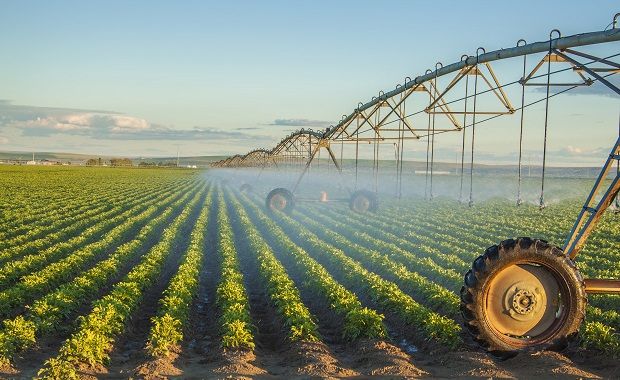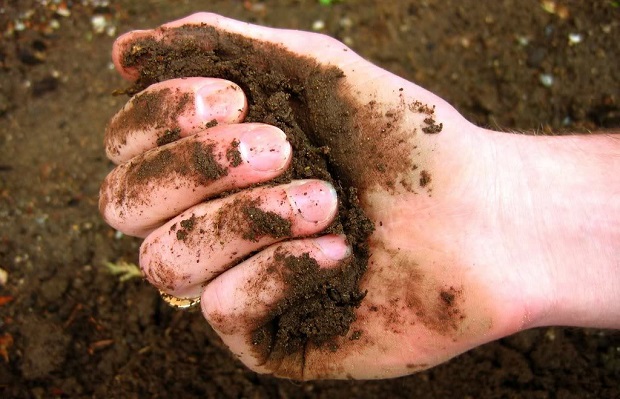Below is our recent interview with Patrick Henry GroGuru CEO:

Q: Why is now the time for a technology solution like GroGuru?
Patrick Henry: Agriculture, as a sector, has been the slowest adopter of digital technologies versus nearly every other industry. However, there are potential tremendous benefits to farmers with the application of digital technologies. In terms of crops, optimal use and application of water, fertilizer, pesticides, herbicides, and proper seeds are all areas where the application of digital technologies can improve crop yield, while preserving key resources in a sustainable way. It is a win-win-win for farmers, consumers and the environment. Specifically, as it relates to GroGuru, farmers are now more receptive to the adoption of new technologies and, in many cases, they already understand the value of soil sensing and precision irrigation as it relates to crop yield improvements and cost savings. Farmers just struggle with the need for annual installation and removal of sensors in annual field crops like corn, soybeans, wheat, cotton and sorghum. The GroGuru wireless underground system enables a permanent installation that can occur at a more convenient time for farmers. It is a total game changer and the value is extremely high for farmers.
Q: Can any grower or farmer use your solution? Do you need specialized knowledge to use it?
Patrick Henry: We have designed the GroGuru system to be easy to install and easy for farmers to use and understand the data and recommendations. A significant amount of time and investment has been spent on creating a simple user interface that is intuitive and easy for any farmer with basic knowledge of how to use a smart phone. We are also building a dealer network as a first line of support and have field techs and on-staff agronomy expertise with decades of experience working with farmers as backup support.
 Recommended: DiversityEdu Provides Online Diversity Learning And Management Tools That Help Businesses Build Inclusive Culture
Recommended: DiversityEdu Provides Online Diversity Learning And Management Tools That Help Businesses Build Inclusive Culture
Q: You’ve recently joined the United Nations Global Compact; could you tell us something more about this?
Patrick Henry: The UN Global Compact and their charter is highly aligned with what GroGuru represents and our values. By joining the Global Compact, we are making a public statement about GroGuru’s commitment to sustainability, diversity, human rights and anti-corruption.
Q: What are some of the specific use cases or scenarios you can share on how farmers can leverage your solution?
Patrick Henry: The GroGuru solution is really designed for commercial farmers of a variety of crops. We are already deployed in dozens of crop types including fruit & nut trees, field crops, and a variety of berries and vegetables. Any farmer that wants to increase crop yield can benefit from soil sensor technology bundled with the GroGuru recommendation engine.
Q: What advice do you have for companies looking to enter the AgTech market, and for entrepreneurs looking to start companies in general?
Patrick Henry: I always start with the customer. What big problem are you trying to solve and is it a really important problem for the customer. This means you need to get to know the customer and see things from their point of view. In the case of AgTech, this means that you need to spend time with farmers. Ask questions and listen to the answers. Listen to understand. Gain a deep understanding of what they want and need to be successful. Then see how you can be of service to them. We are very fortunate at GroGuru to have a team that has technical expertise in wireless, machine learning, soil sensors, crop science, and deep domain expertise in the farming market. This has enabled us to leverage our relationships and test our ideas with real farmers and incorporate their feedback into our products. It is a very exciting journey and we have a chance to do very important things that not only address issues of each farmer, but also very big and important global issues related to the sustainability of our planet and humankind.

 Recommended:
Recommended: 